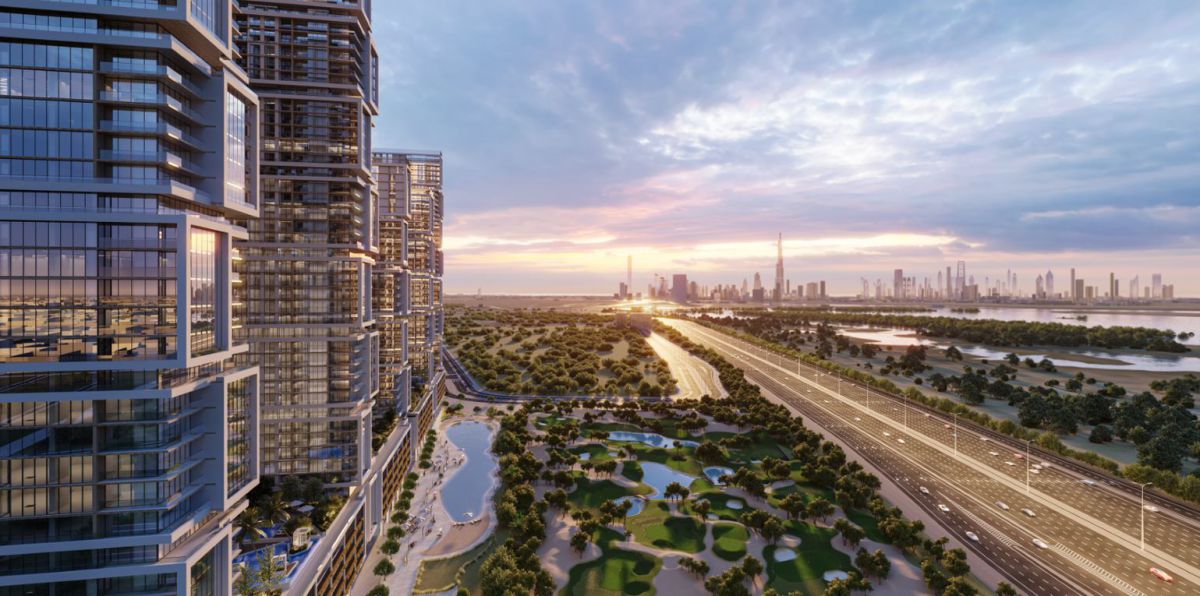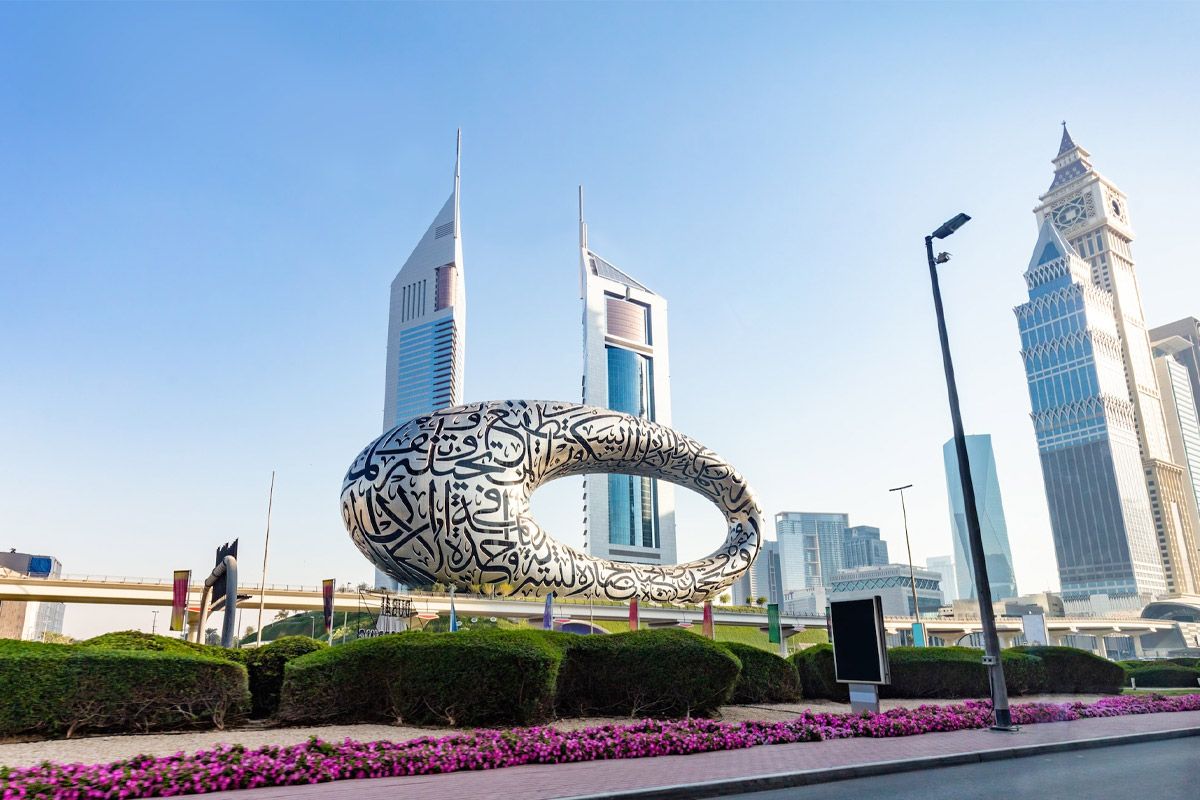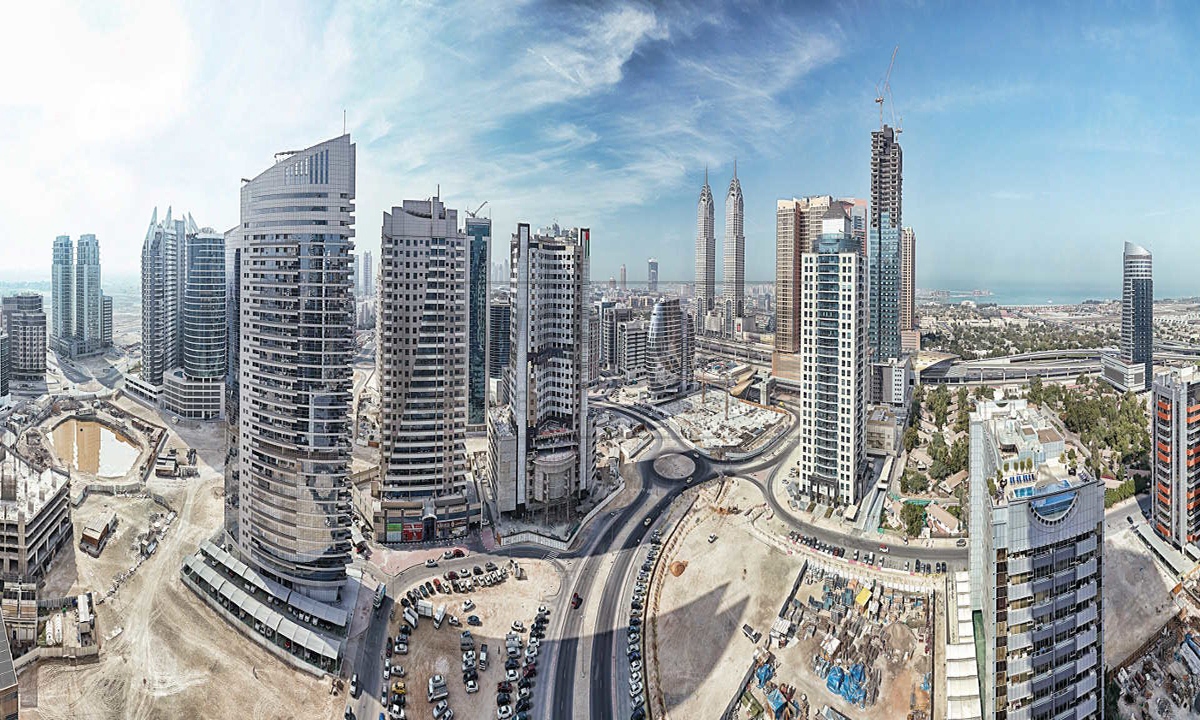What is the process of buying real estate in Dubai, and how long does it take?
Buying real estate is a significant and important decision, especially in a city renowned for its luxurious properties and excellent investment opportunities, such as Dubai. In this article, as a professional realtor and real estate agent, I will provide a detailed overview of the process of buying real estate in Dubai and discuss how long this process may take.
Determining the budget and property type
Before embarking on the property search, it is essential to determine your budget and the type of property you desire. Dubai offers a wide range of real estate options, including apartments, villas, houses, townhouses, and commercial properties. Market prices and the availability of different property types will influence your selection.
Property search and viewing
After determining your budget and property type, the search for suitable properties begins. You can utilize the services of a realtor, consult a real estate agent, or independently search for listings on specialized websites and in newspapers. During property viewings, it is crucial to pay attention to the condition, location, amenities, and compliance with your requirements.
Conducting documentary checks
When selecting a property, it is necessary to conduct documentary checks. This includes verifying the ownership rights of the property, ensuring all necessary permits and licenses are in place, and confirming the legal validity of the transaction. It is recommended to seek assistance from a professional lawyer or real estate specialist to ensure the safety of the transaction
Drafting and signing the contract
After selecting the property and successfully completing the documentary checks, the next step is drafting a purchase or lease agreement. The contract should clearly define the terms of the transaction, including the price, timelines, and the rights and obligations of each party involved. The contract should be carefully read and signed by all parties to the transaction.
Transaction processing
Following the signing of the contract, the transaction processing begins. This includes payment of necessary fees and taxes, registering the transaction with local authorities, and transferring the property rights to the buyer. The processing procedure may take some time as it involves adherence to specific formalities and conducting the required checks
Property handover and registration
After successful transaction processing and completion of all necessary payments and taxes, the property handover takes place. This can be arranged through a notary or registration office. It is advisable to register the property ownership rights with the local authorities to ensure the legality of your ownership.
So, how long does the process of buying real estate in Dubai take?
This duration depends on various factors, including the property selection, documentary checks, contract drafting, transaction processing, and registration of property rights. On average, the process can take from several weeks to several months. However, it is important to remember that each transaction is unique, and the time may vary depending on the complexity of the deal and compliance with all necessary procedures.
Purchasing real estate in Dubai is a process that requires attention to detail, thorough checks, and compliance with all necessary formalities. It is recommended to seek assistance from a professional realtor or real estate agent to receive qualified support and ensure a successful transaction. Remember that each transaction is unique, and the time taken for buying real estate may vary depending on specific circumstances.
Keywords: real estate, Dubai, purchase, process, time frame, property ownership, budget, property types, realtor, real estate agent, search, inspection, documentary checks, contract, processing, registration, transaction, investments, real estate market, legal aspects, security, financial conditions, mortgage, foreign investors, taxes, fees, assistance, transparency, market value, negotiations, supply, demand, long-term investments, turnkey purchase, renovation, construction, infrastructure, amenities, urban planning, popular areas, favorable conditions, growth potential, incentives, rental, secondary market, new developments, sale, joint construction


